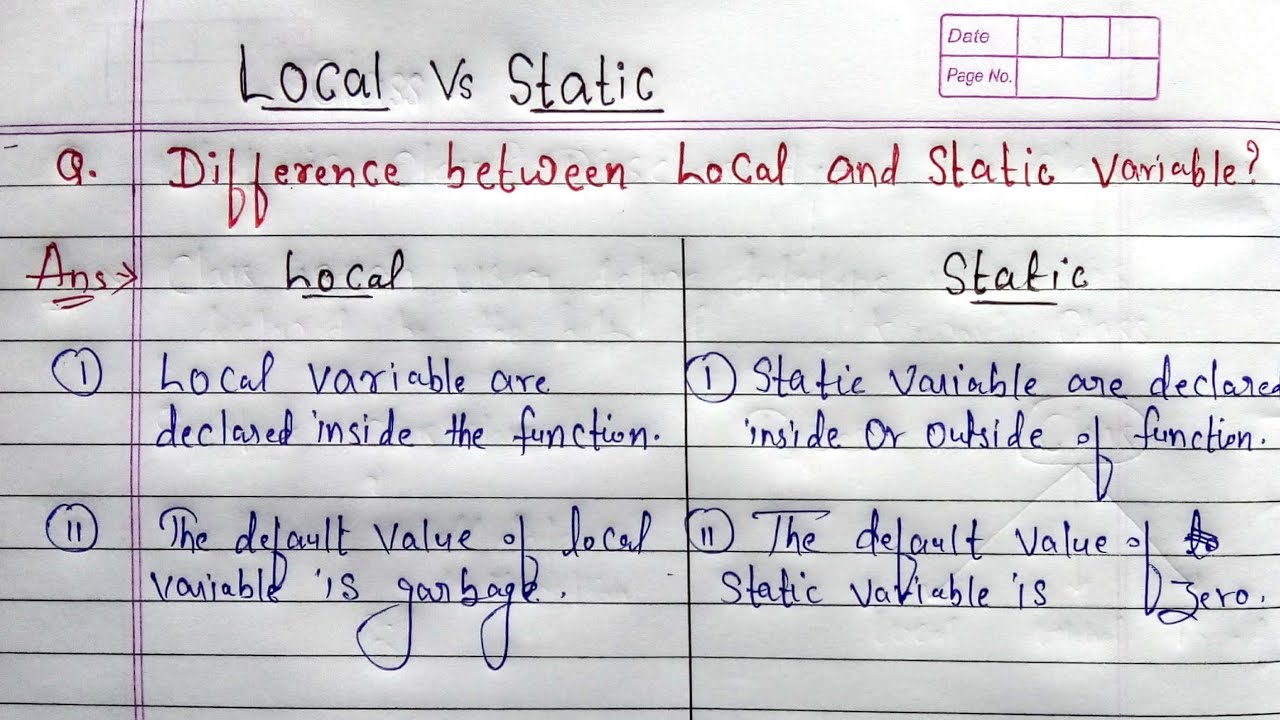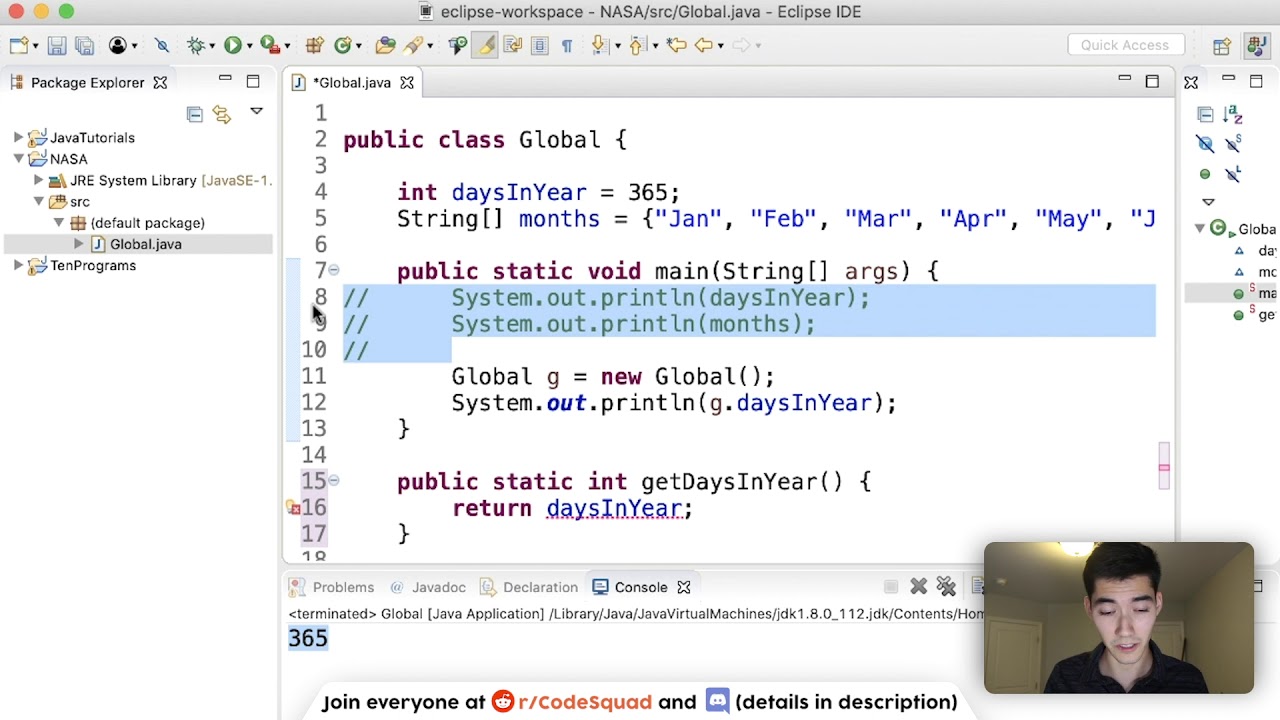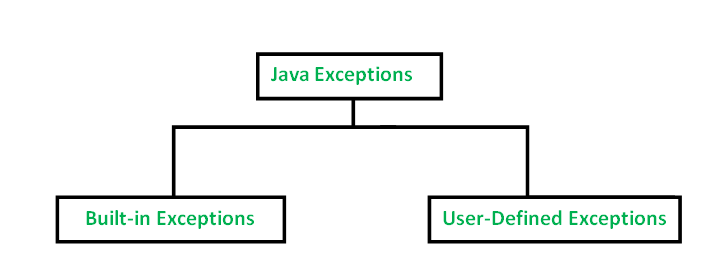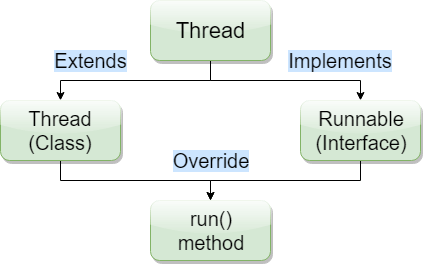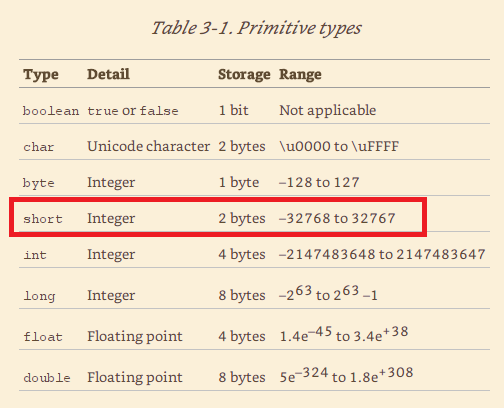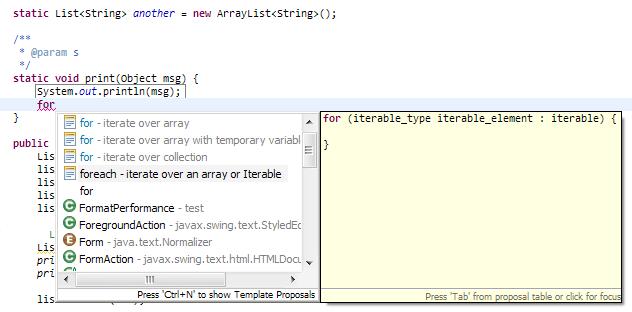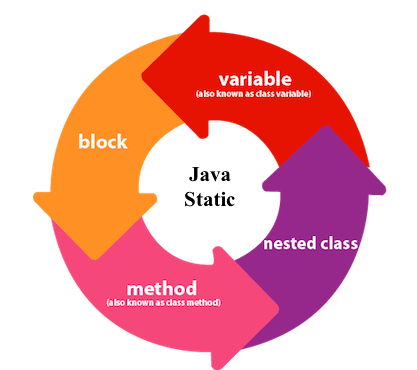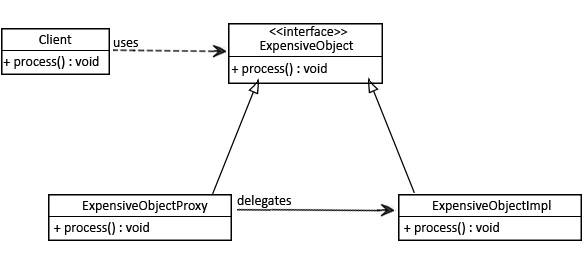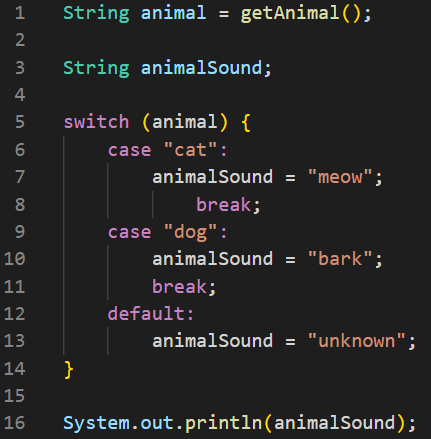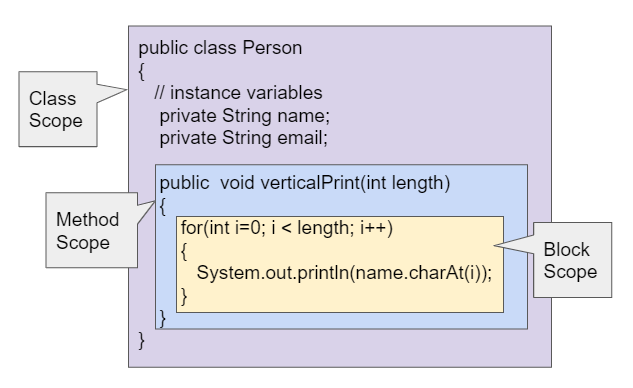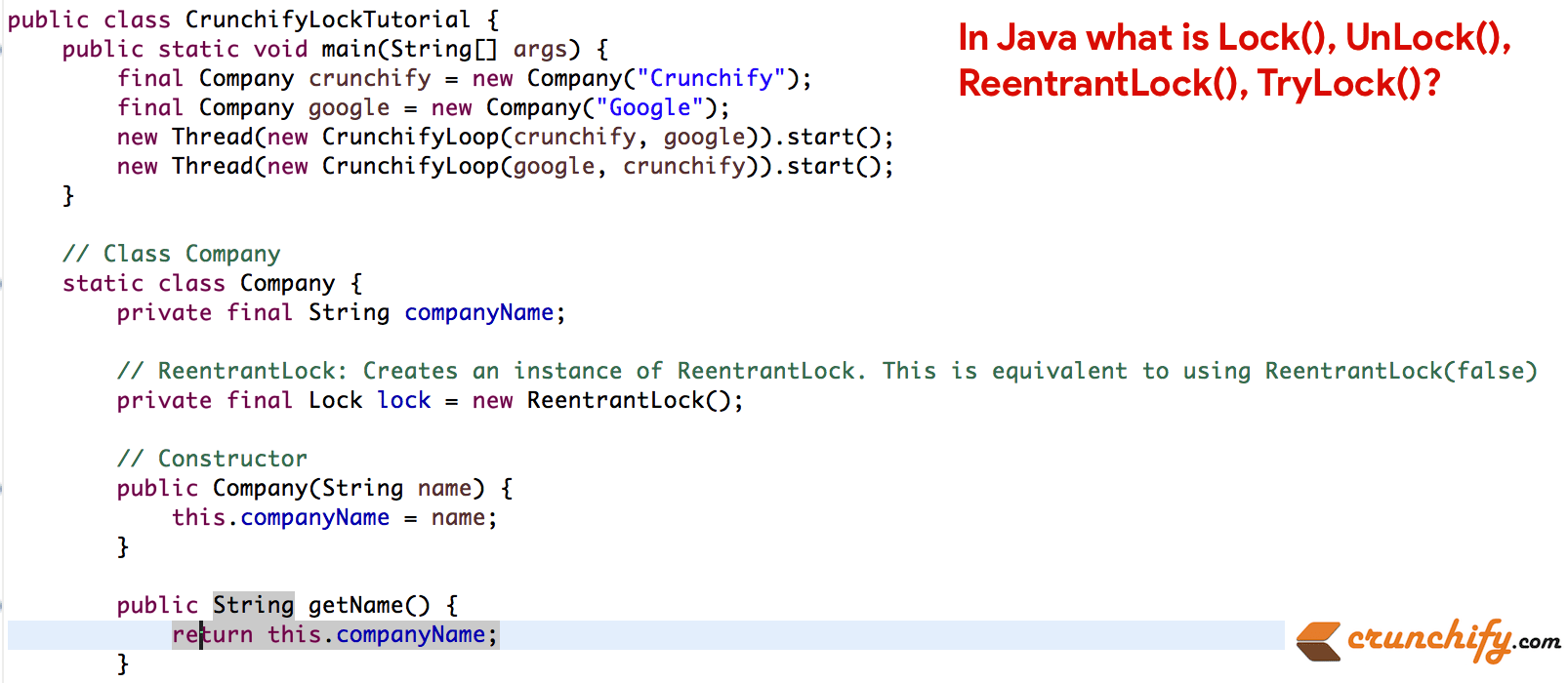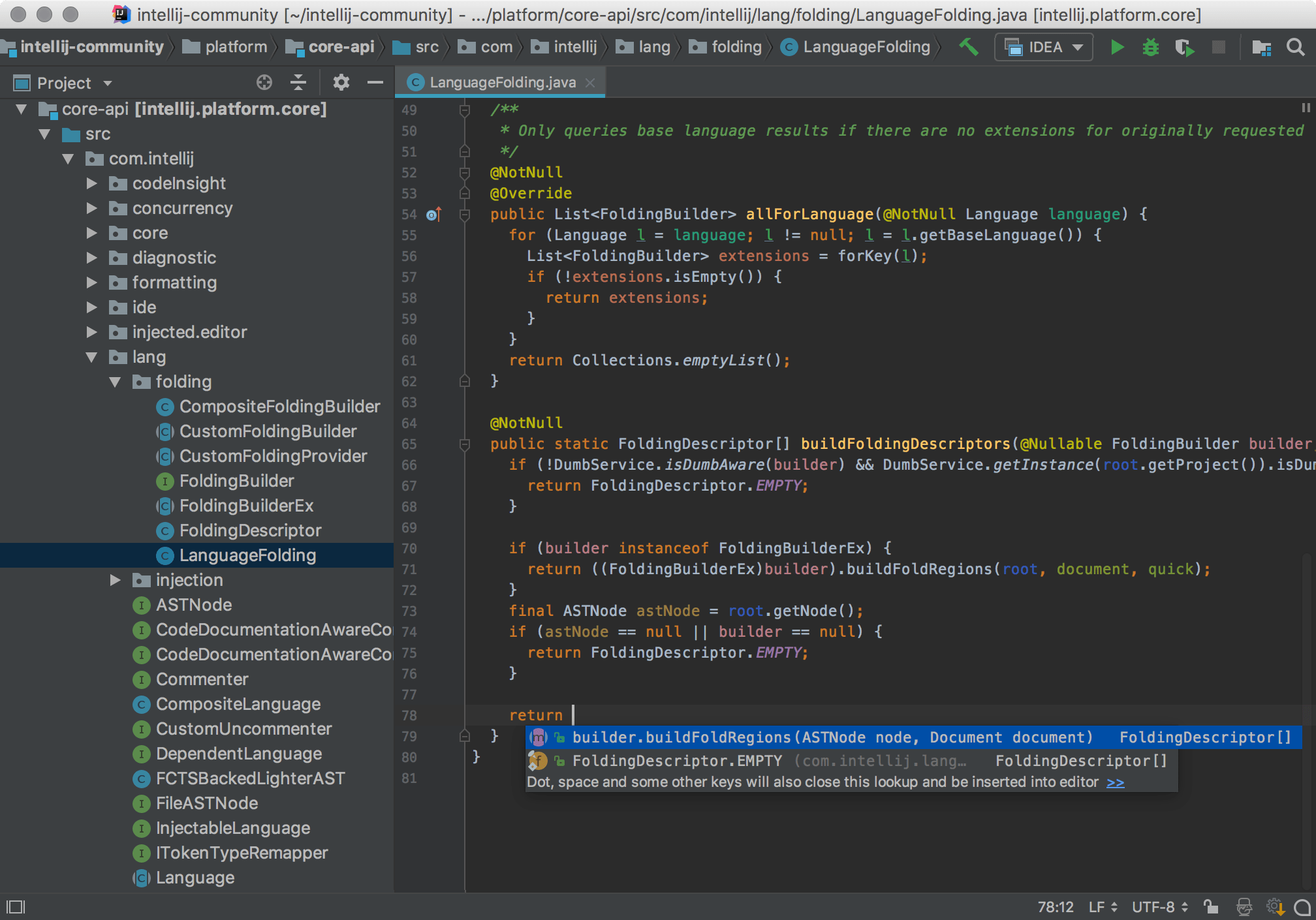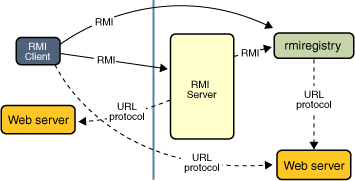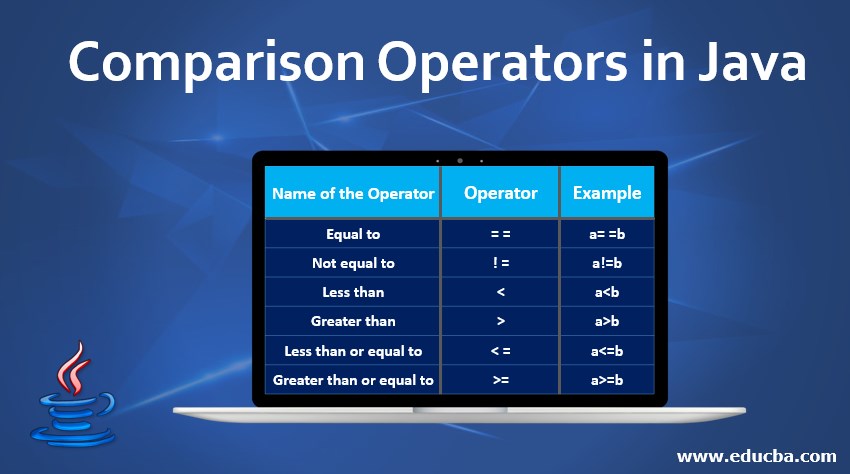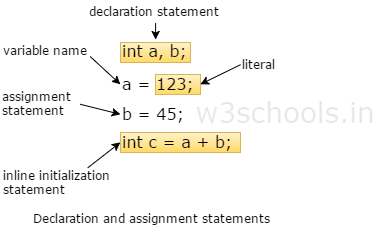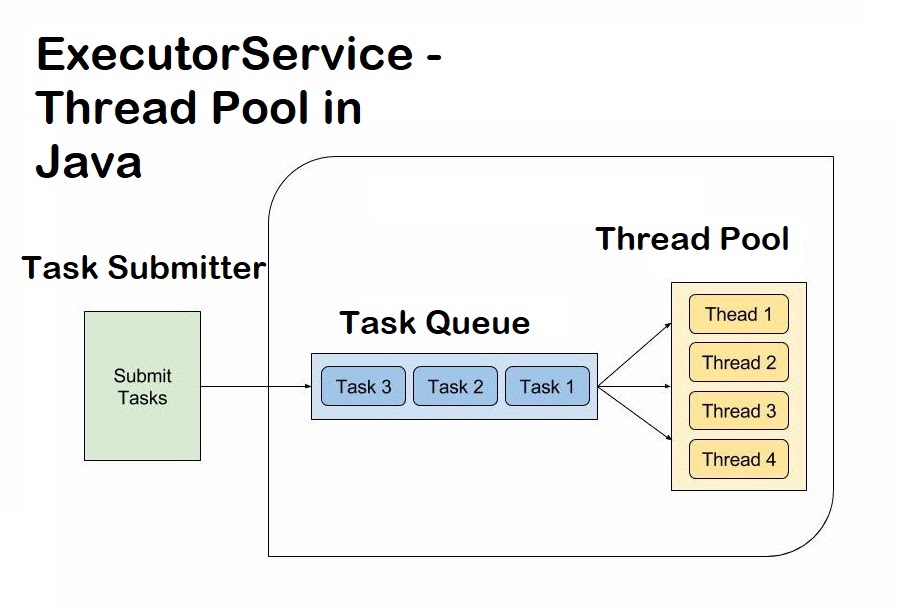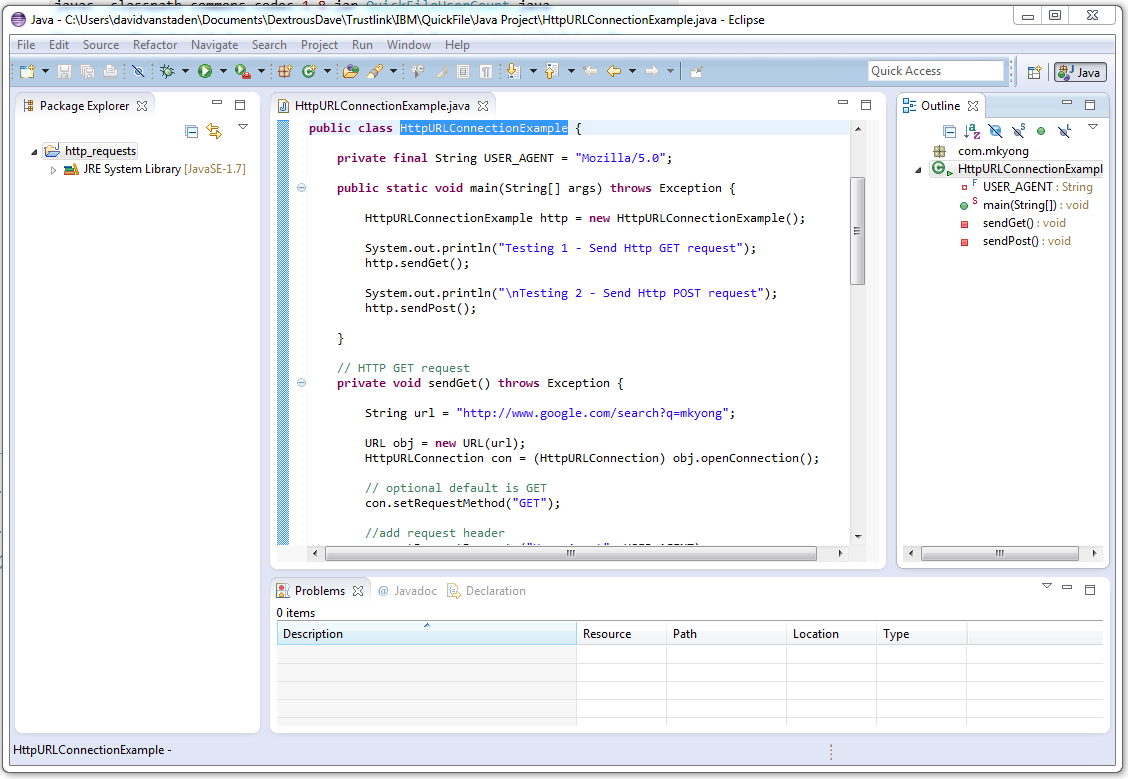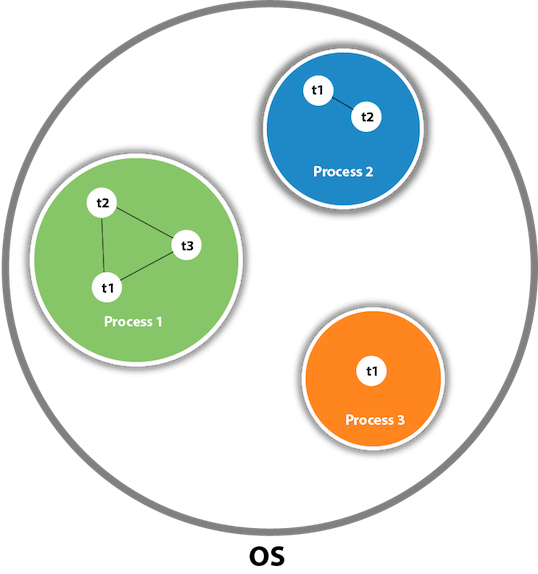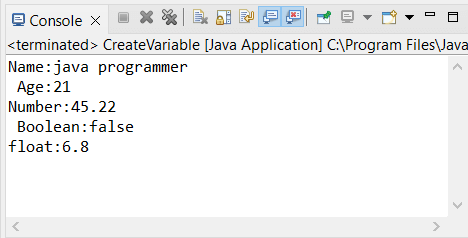What is the difference between a global variable and a static variable in Java?
What is the difference between a global variable and a static variable in Java?
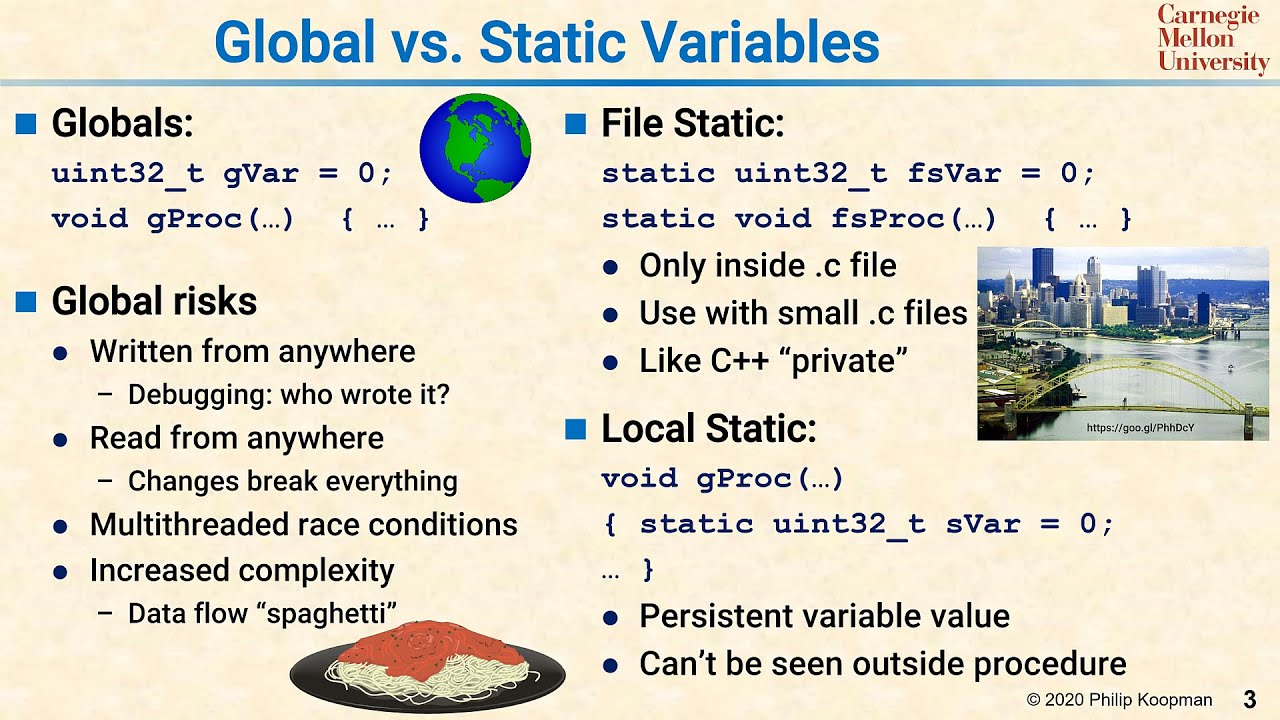
The terms "global" and "static" can sometimes be used interchangeably, but they have distinct meanings in Java, especially when it comes to variables.
Global Variable:
A global variable in Java is one that is declared outside any method or class, typically at the top level of a file. It has access throughout the entire program and can be accessed by any method or class without needing an instance of the class. Global variables are essentially shared by all parts of the program.
Here's an example:
public class MyClass {int globalVariable = 10;
}
class AnotherClass {
void someMethod() {
System.out.println(MyClass.globalVariable); // prints 10
}
}
In this case, globalVariable is accessible from both classes without needing to create an instance of either class.
Static Variable:
A static variable in Java belongs to the class itself, not to instances of the class. When a class has static variables, only one copy of that variable exists, regardless of how many objects are created from the class. This means that all instances of the same class share the same value for that variable.
Here's an example:
public class MyClass {public static int staticVariable = 10;
}
class AnotherClass {
void someMethod() {
System.out.println(MyClass.staticVariable); // prints 10
}
}
Notice the difference? The static keyword is used to declare the variable, which means it belongs to the class rather than individual instances. This can be useful when you need a shared resource that doesn't change across different objects of the same class.
Key differences:
Scope: Global variables have access throughout the entire program, while static variables are limited to the class they belong to. Lifetime: Global variables exist for as long as the program runs, whereas static variables persist only as long as the class is loaded into memory. Access: Both global and static variables can be accessed from anywhere in the program, but you need to use a qualified name (e.g.,MyClass.globalVariable) for global variables and just the variable name (e.g., staticVariable) for static variables. Initialization: Static variables are initialized only once when the class is loaded, whereas global variables can be initialized multiple times as they are accessed.
In summary, while both global and static variables can be accessed from anywhere in a Java program, their scopes, lifetimes, and initializations differ significantly. Global variables provide access throughout the entire program, whereas static variables belong to the class and share values among instances.
What is global function in Java?
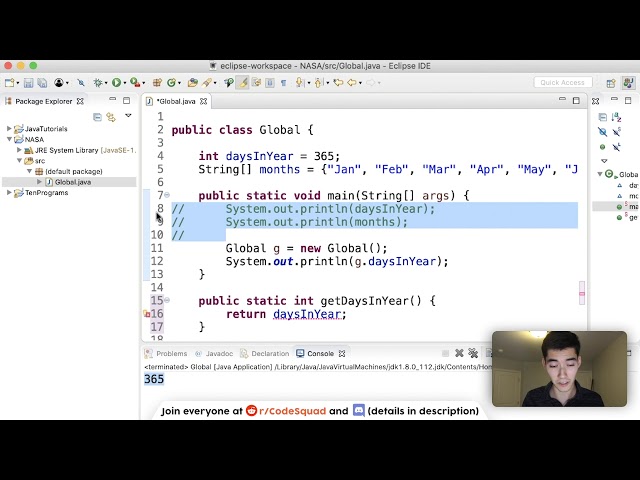
I'll respond in English this time!
In Java programming language, a global function refers to a method that can be accessed from anywhere within the program, without being restricted to a specific class or scope. Global functions are typically declared outside of any class and are considered part of the global namespace.
A key characteristic of global functions is their visibility and accessibility. Unlike local functions, which are only accessible within the scope of a particular class or method, global functions can be called from anywhere in the program. This means that as long as the function is properly declared and referenced, it can be used by any part of the program.
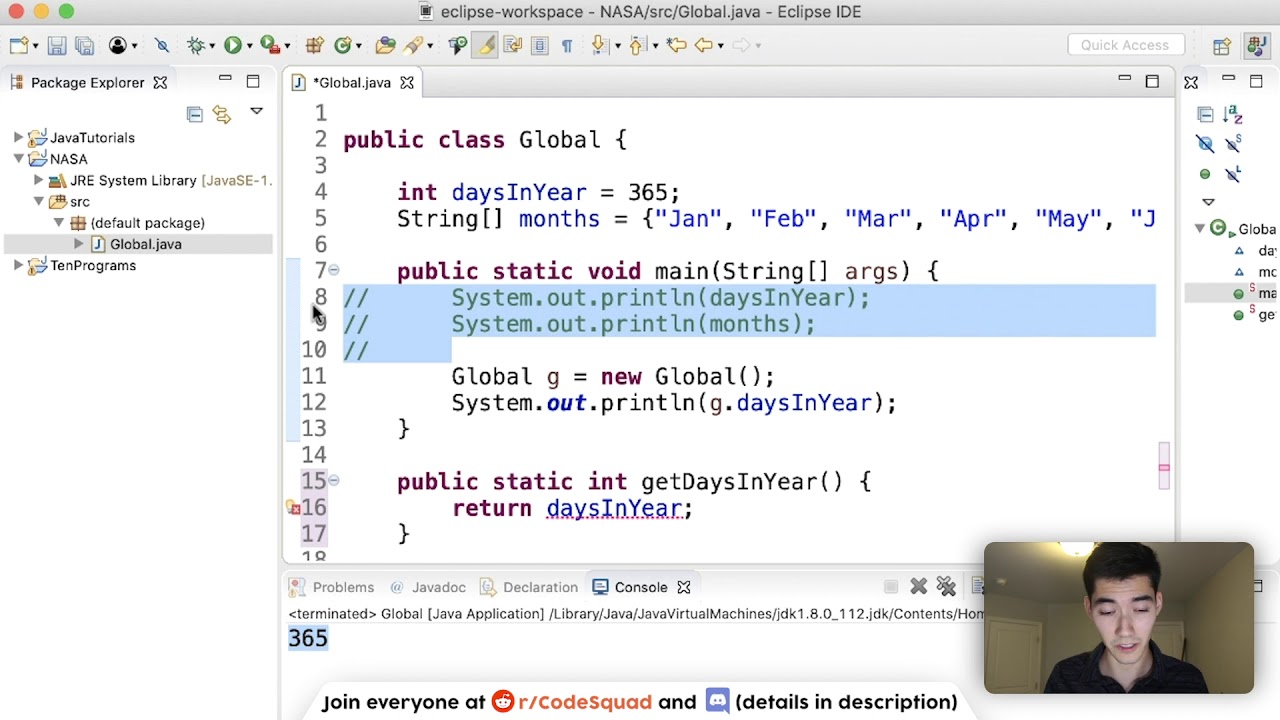
There are several benefits to using global functions in Java:
Convenience: Global functions provide an easy way to perform commonly needed operations without having to create separate classes or methods.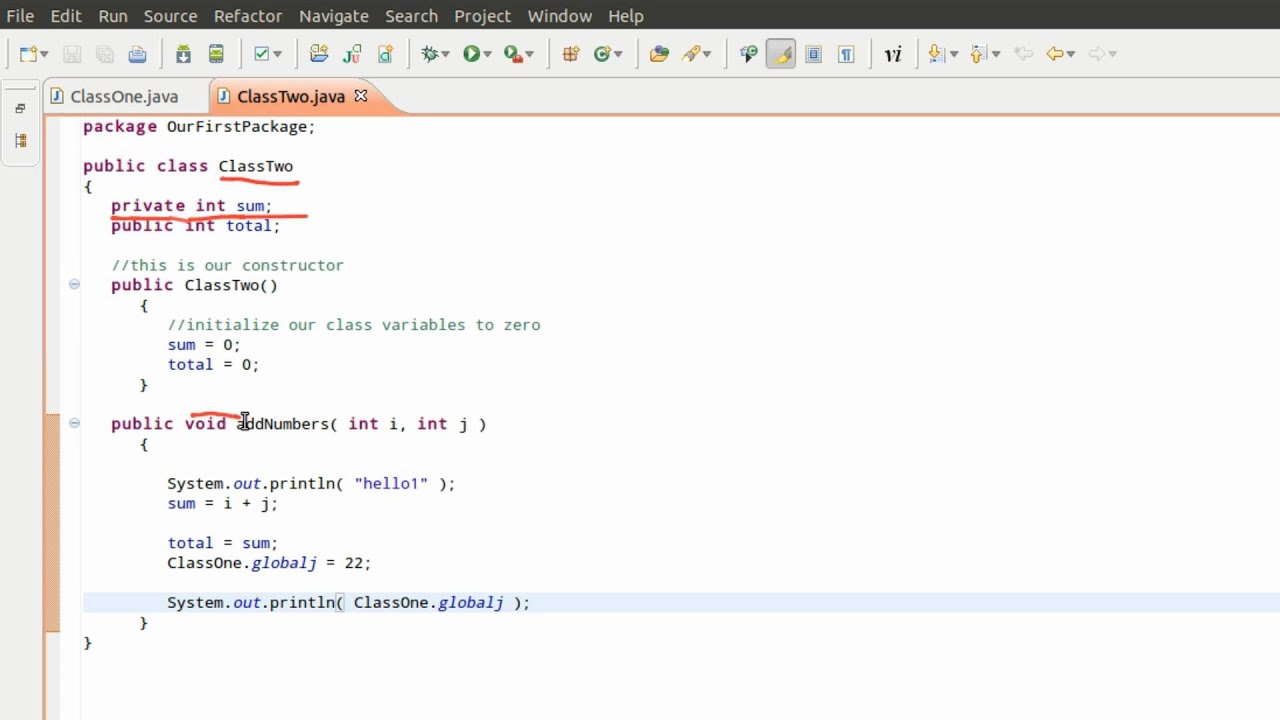
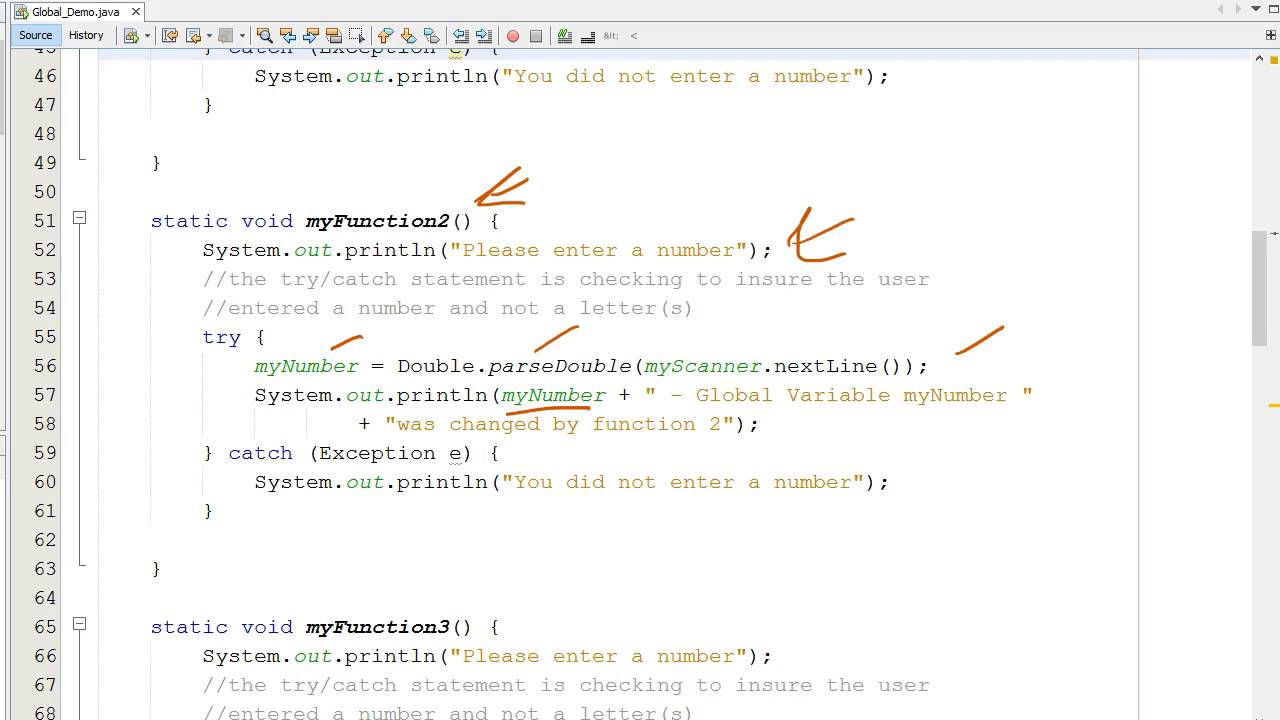
To declare a global function in Java, you simply define a static method outside of any class, like this:
public class Example {public static void myGlobalFunction() {
// function implementation goes here...
}
}
Once declared, the global function can be called from anywhere in your program using its name and class if necessary (e.g., Example.myGlobalFunction()). Note that since the function is static, it doesn't require an instance of the Example class to be created or referenced.
Keep in mind that while global functions can be useful, they are not without their drawbacks. For example:
Namespace pollution: With many global functions declared, your program's namespace (the set of names and types) can become cluttered and harder to navigate. Overuse: Global functions can be overused or misused, leading to code that is difficult to understand, maintain, or modify.In conclusion, Java global functions provide a convenient way to perform commonly needed operations from anywhere in your program, promoting reusability and simplicity while reducing code duplication. However, they should be used judiciously, with careful consideration given to namespace pollution and potential misuse.
